KANATAL
After colonization by the Dutch and Japanese, the Chinese came to Taiwan and the Indigenous people became the “Mountain People'' and the Olympics and the UN world began calling their home “Chinese Taipei.” In 2012, Suana Emuy Cilangasay first came to Canada to perform as one of the members of Okai Acapella band, but his Indigenous heritage was not even highlighted. In 2019, Suana returned to Canada with a focus on sharing his heritage and identity through music. It was this trip when he also learned about the stories of Indigenous peoples in Canada. Suana felt so strongly in his discovery of the many similarities in how Indigenous people were treated and how much culture and heritage were rapidly disappearing. His music career has since taken on a mission, and he is inspiring other young Indigenous musicians to join him in bringing themselves to the forefront of the music world and show what it means to be Indigenous.
Vaqacun·kalevuwan
Unlike most touring bands, Kanatal [ga-na-dal] has yet to make an official release of their music, but all four members of Kanatal are active musicians in Taiwan. All four members, originating from different tribes, grew up in the city and gravitated toward western and popular music. Abus Tanapima, the youngest and the lone female member, even skipped college without her parents’ knowledge to train under western artists in Shanghai. It was her roots that kept beckoning her; “Whenever I return to my village, I always feel a calling, trying to bring my young soul back to the tribe.” Upon Suana’s invitation to join Kanatal, she did not hesitate in saying, “I’m in.”
Suana·Emuy·Cilangasay
In a live music venue in Taipei, Masaw Ali began his new song by introducing his Atayal mother, who led the opening bars with a traditional chant. Masaw Ali is the only member who was born to Chinese and Indigenous parents; his father was an ethnically Chinese calligraphy painter. There weren't a lot of things in the house related to Masaw’s Indigenous roots. Painfully, Masaw was told throughout his life he didn’t look Indigenous enough for people to see his true ethnicity. Music was salvation, like with his fellow band members Suana and Vaqacun, Masaw taught himself to play guitar. His first guitar had a missing string, and he didn’t even know, he was just so focused on being able to perform the songs he loved. Masaw’s life has been a journey of discovering his Atayal identity.



